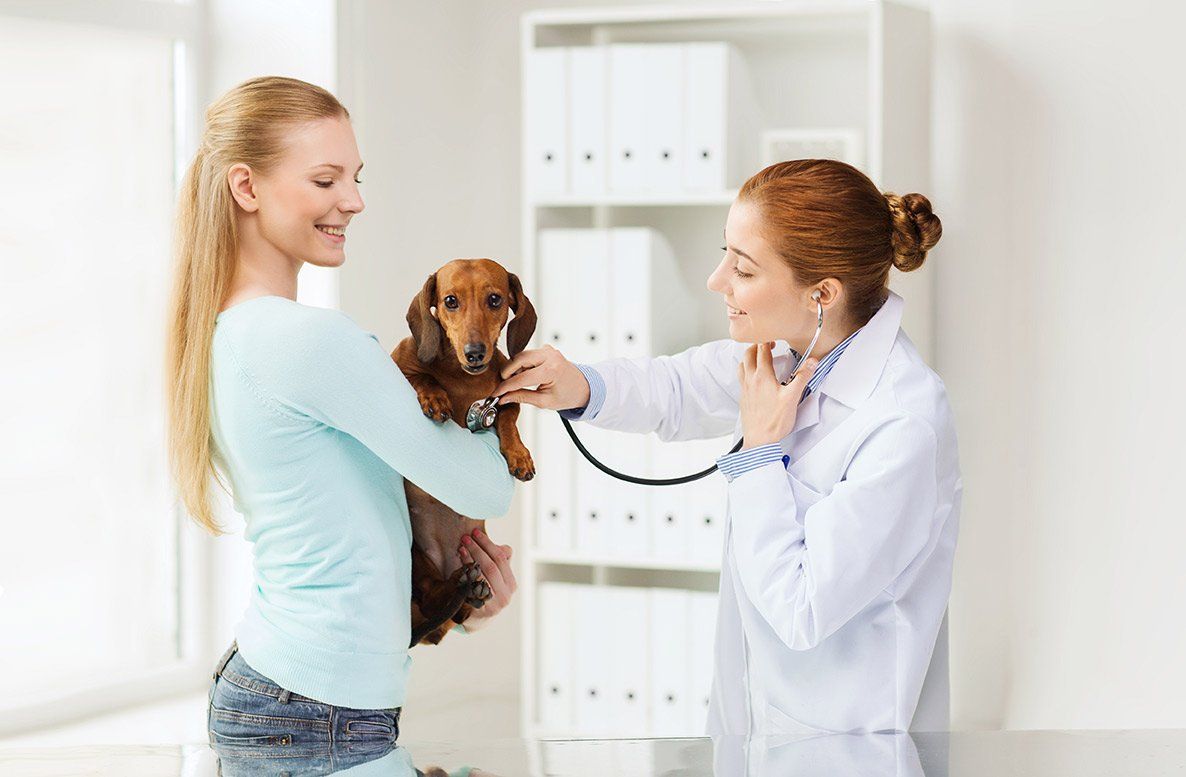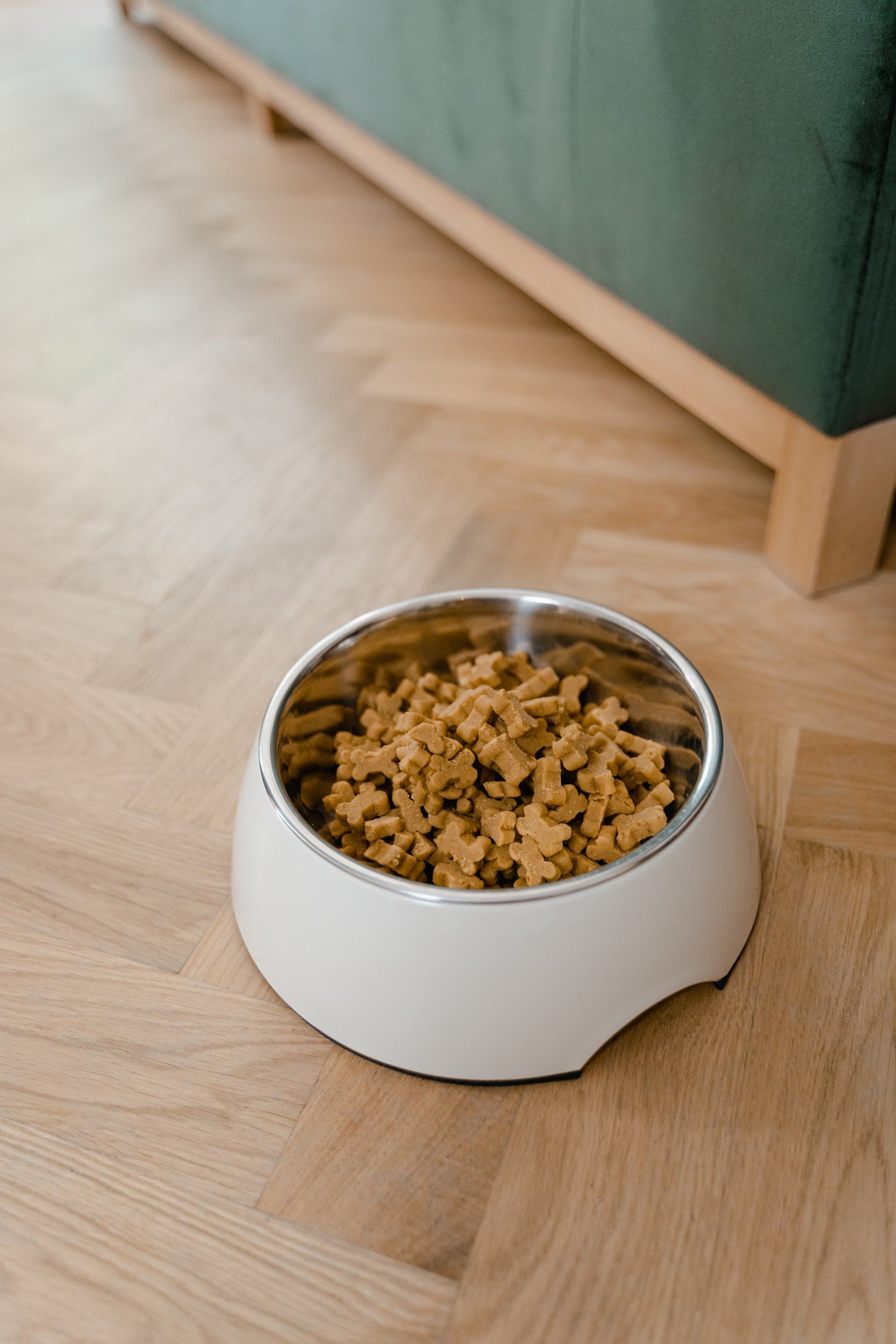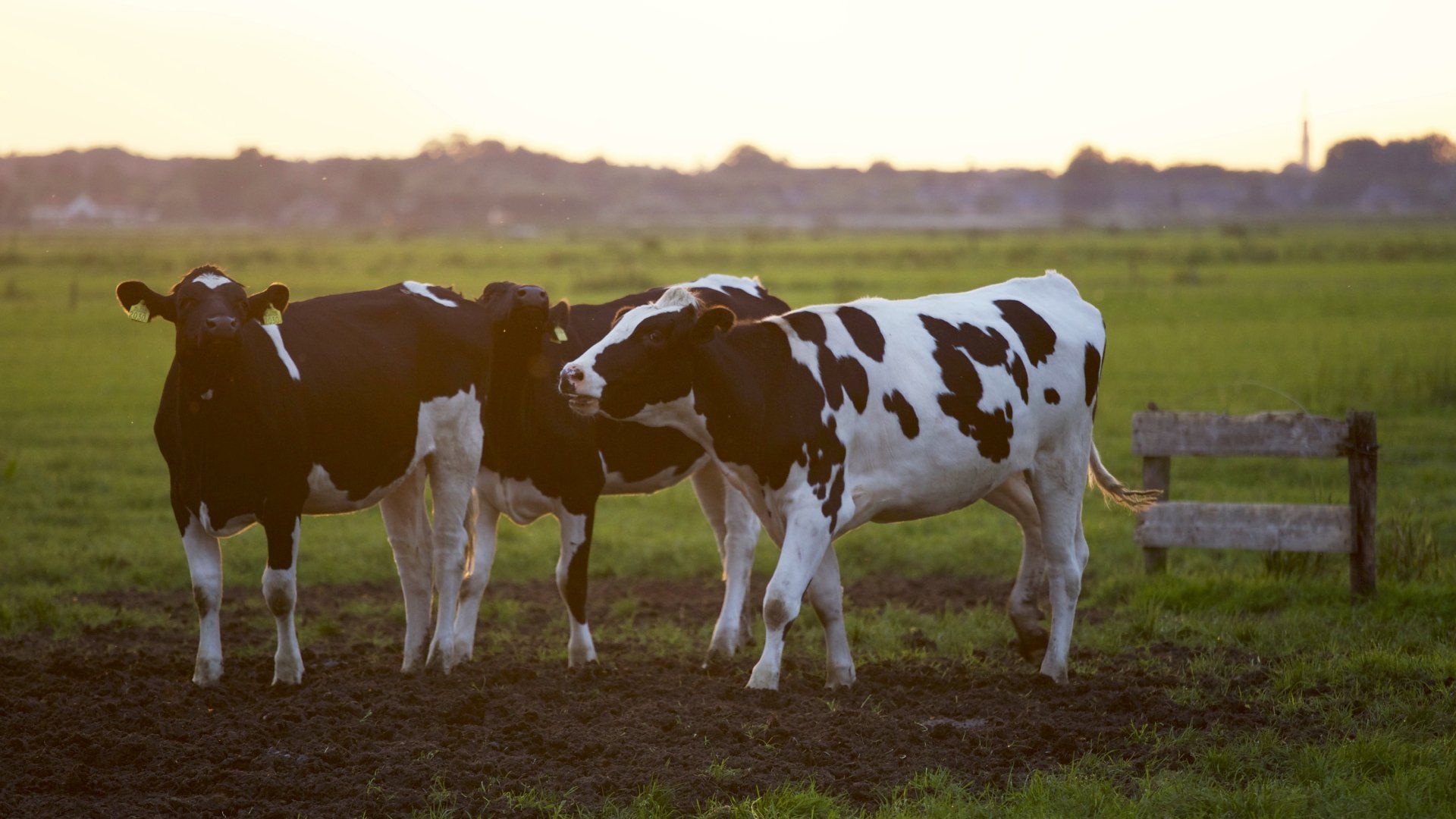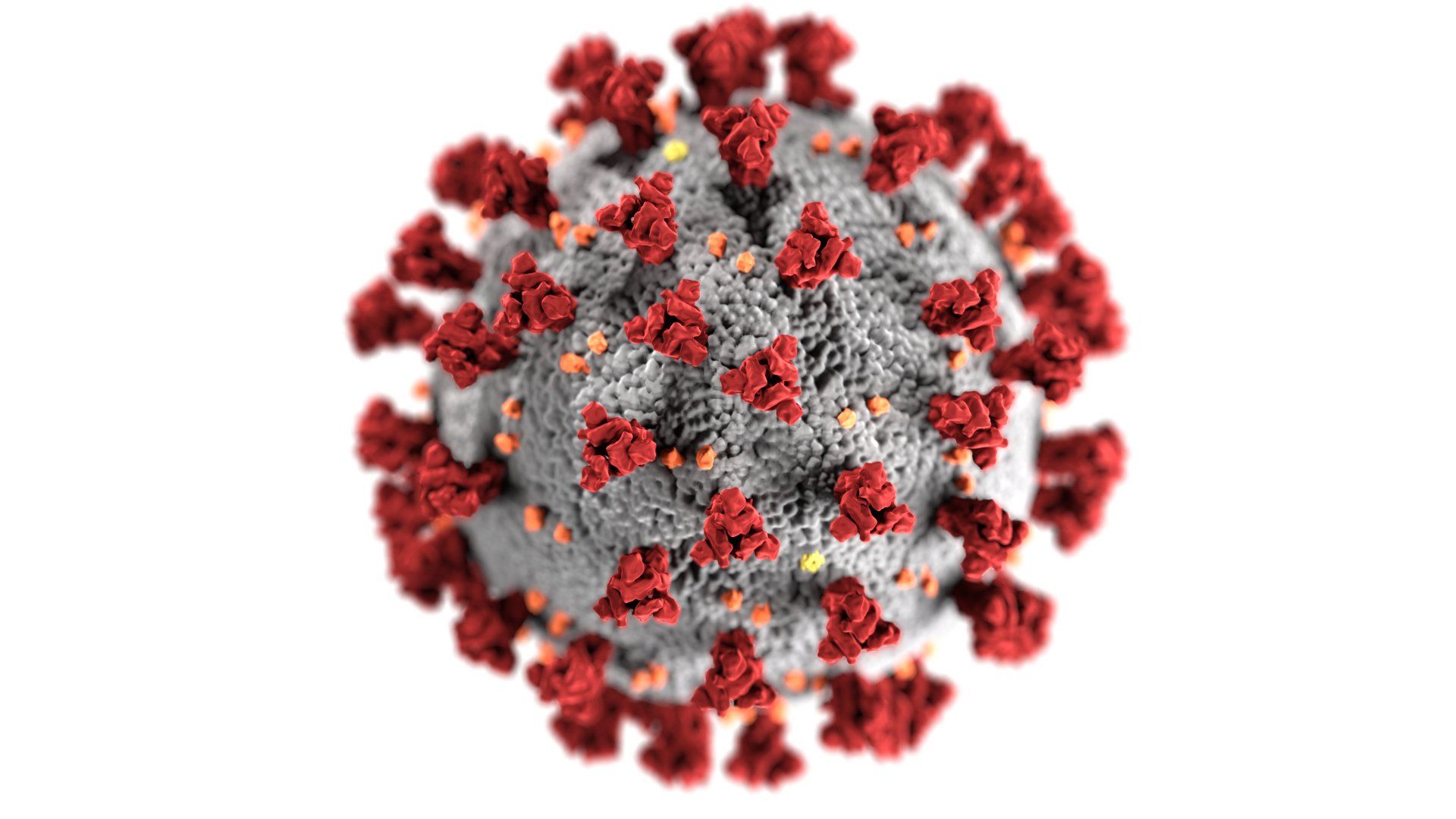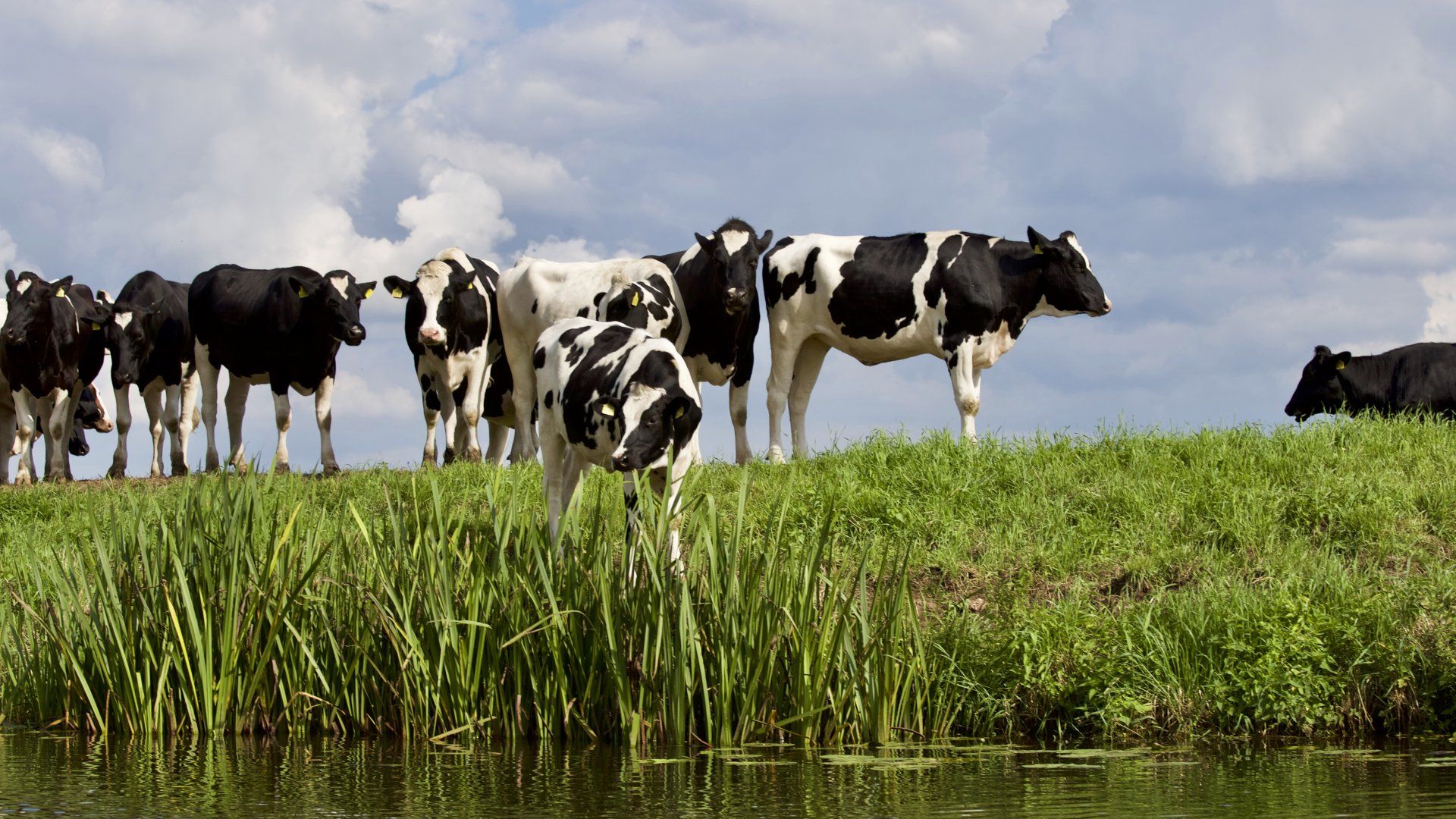Cold Weather Tips for Farm Animals
Cold Weather Tips for Farm Animals
The National Weather Service is predicting several days of extremely cold temperatures in our area. In a previous article, we discussed some tips to keep small animals warm during this time. Tips included: bringing animal inside, providing solid shelter, supplemental heating sources, keeping animals dry, limiting exposure, feeding tips, and keeping fresh water available. Many of these same concepts apply to farm animals; whether dairy herds, horses, or smaller farm animals.
We will look at: How do I best protect my animals? How can I provide extra heat? How cold is too cold?
How do I best protect my animals?
The first thing is to recognize that the majority of farm animals are outside throughout the year and grow thicker coats to acclimate to colder weather. This is God's design for protecting them. While this is true, it is still going to be brutally cold outside over the next few days. If it is bitterly cold to us, it is bitterly cold to them.
The best way to keep animals warm is to provide solid shelter. Most barns will remain 15 to 20 degrees warmer than the outside temperature. With herd animals, there is comfort in numbers. These animals can huddle together and provide warmth simply by sheer numbers. Smaller shelters and sheds are superior to nothing, as they provide a wind break.
It may be a little uncomfortable to shore up buildings at the last minute, but some simple things can be done. First, make certain that any windows are shut to decrease the gaps in buildings. This helps to keep warm air in. Second, provide some relief from drafts by placing board over gaps in older wooden buildings. Hay bales can be stacked around buildings to provide wind barriers. Common sense needs to prevail, as simply keeping doors closed can help quite a bit.
Overhead areas should also be secured. Many barns still have holes for pitching hay and straw down below. The holes should be closed or covered when not being used. Overhead holes and gaps allow for a lot of heat loss, creating an upward flow of warm air and an additional area for drafts. It is beneficial to walk around the area where animals will be housed. It doesn't take long to feel colder, drafty areas.
Chickens and other smaller farm animals can benefit from smaller enclosures within a large building. Nest boxes provide such an area. Again, you should make certain that the nest boxes are clean and dry, with plenty of bedding material.
What else can I do?
It is important to keep animals dry during extreme cold. An easily overlooked aspect of keeping animals dry is to provide fresh bedding. Similar to a blanket or towel on the ground for small animals, thicker straw gets animals up and away from the frozen ground. Extra straw around the bottom of stalls and edges of barns can also help to block breezes that may occur through gaps in the lower portions of walls. Deep, dry bedding is especially important for young dairy calves, whether housed in calf hutches or in group housing.
Horses and small ruminants can benefit from having their hooves cleaned out. Any older dirt and manure can build up between the toes and within the hooves then freeze. This is a quick, easy, and often overlooked aspect of cold weather care.
How can I Supplement Heat?
Heat lamps are an easy source of overhead heat. It is important to remember safety. Animals are very curious and can chew through electric cords. They can also easily knock down heat lamps, causing a fire risk when these lamps get too close to dry bedding.
Horses, Goats, Sheep, and smaller calves can use blankets that are made for them. These can be purchased at a local farm supply store. Smaller animals can even use dog coats.
Does feed matter?
Providing fresh, quality food is important all of the time; but it is vital when the temperatures reach extremes. A general rule is to provide and extra 25% of feed to animals during these extreme temperatures. For ruminant, providing hay is one of the more important factors. This is a good time to use some (not the only source of feed) poorer quality hay for animals that are not in heavy production. This type of feed is harder for the bacteria in the rumen to break down. This seems like it would be the opposite of what makes sense, but work equals energy, equals heat. The harder (to an extent) that the bacteria have to work to digest the roughage, the more heat is produced as a byproduct. This internal heat helps to keep the animal's body temperature warmer. This means less of a pull on the body's metabolism to simply keep an animal warm. An easy way to accomplish this is to increase the animal'f hay by 25%, but have the 25% be a poorer quality feed. This does not mean feed moldy and bad feed, but rather a chance to "burn" through some first cutting hay, which tend to be lower in protein and higher in roughage.
Water, Water, Water
An article on any cold weather tips is incomplete without mentioning water. Make sure that animals have access to fresh water. Most animals will have access to heated waterers. It is important to check the integrity of these waterers several times a day. A frozen waterer can end up taking weeks to thaw if the conditions are right for a deep freeze of the water lines.
A heat lamp can be placed near the water source as well. Of course, use common sense and safety. Another area to focus on is any other area where there are water lines. This includes wash racks, milk houses, parlors, and any other locations that may freeze. These areas should be heated as well.
